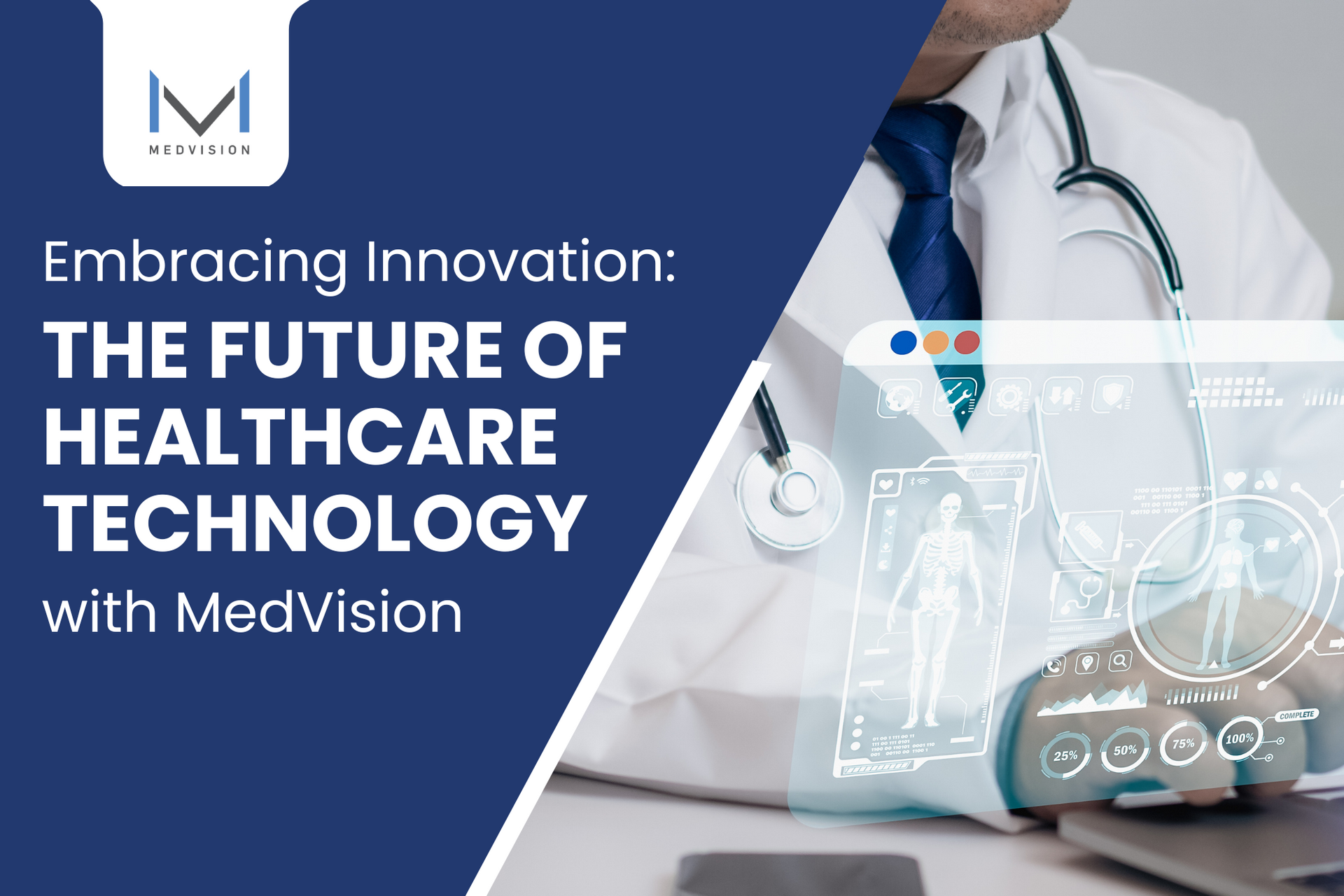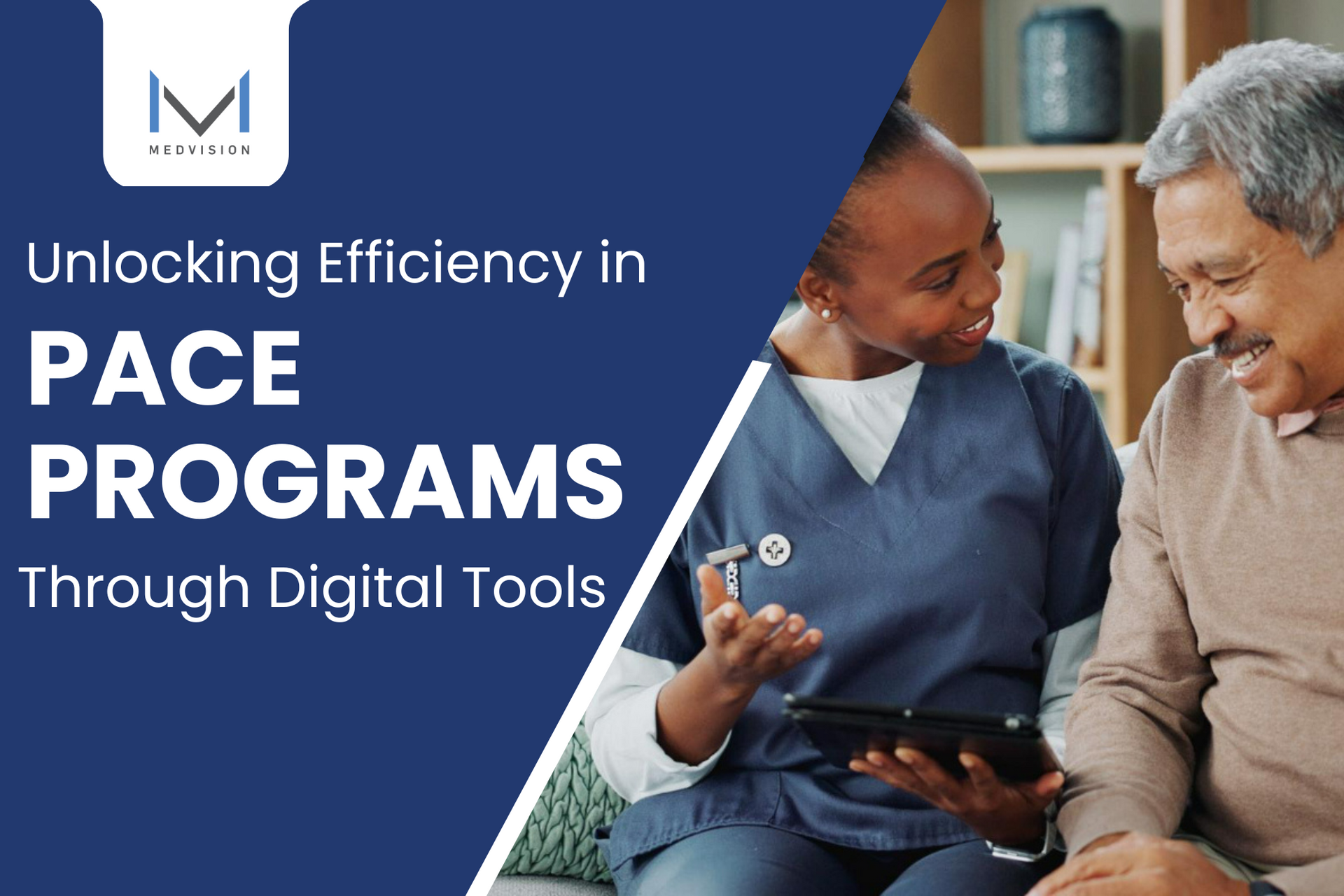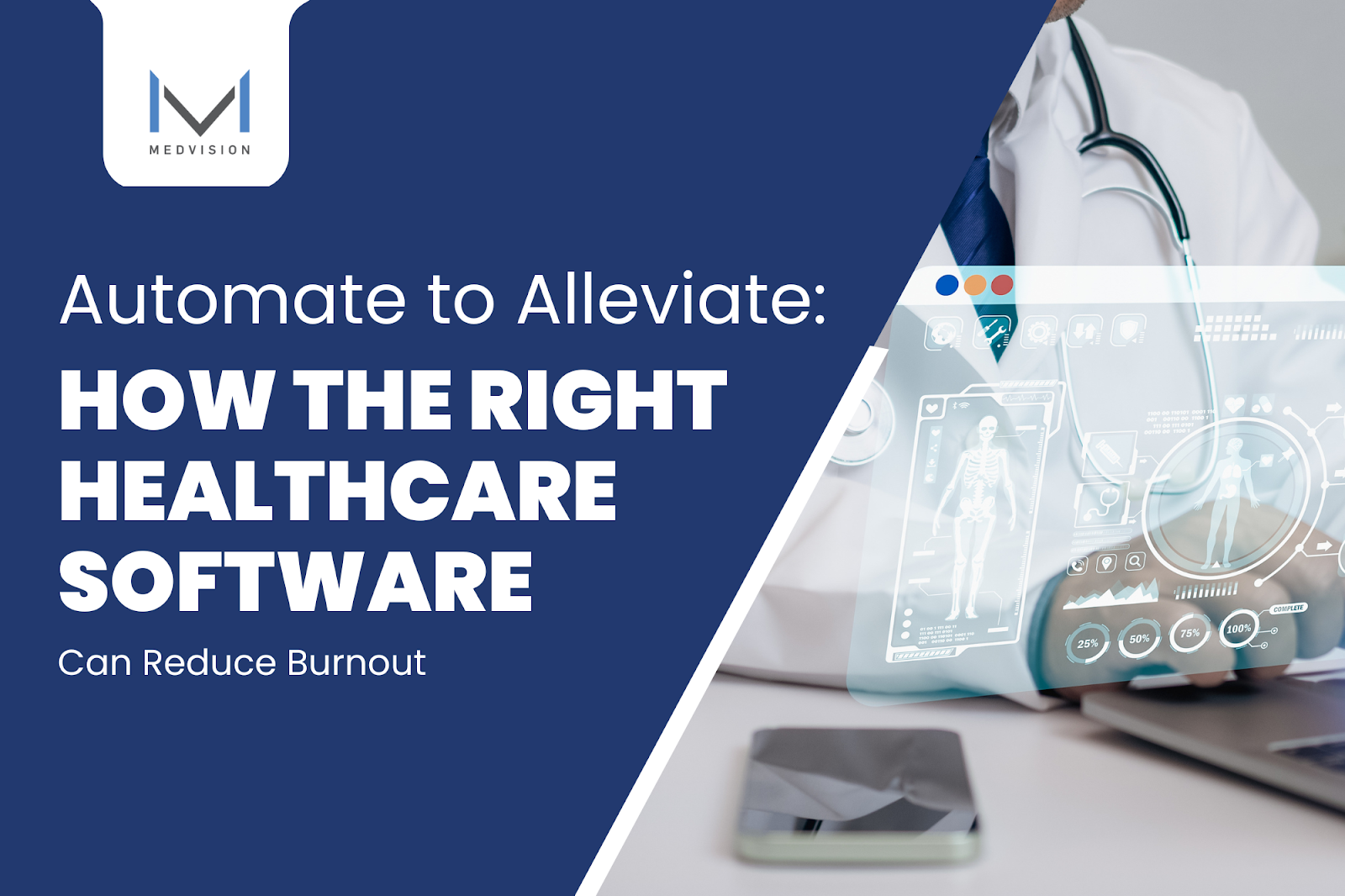Data Conversion: Why It Matters for Healthcare Administration Software
Data plays an indispensable role in any healthcare practice. Hospitals and clinics rely on robust software systems to manage patient records, billing, scheduling, and other critical tasks. These systems streamline operations and contribute to improved patient care and outcomes.
However, the effectiveness of healthcare administration software depends on one key factor:
data. Data encompasses vital patient, treatment, and resource information, making it the backbone of healthcare operations. Often overlooked during software implementation, data conversion is essential for ensuring that healthcare institutions can fully utilize their systems while keeping data integrity, compliance, and cost-effectiveness in check.
Read More: Embedded EDI Capabilities to Facilitate Data Movement

The Vital Role of Data in Healthcare Administration
Information takes various forms, including patient, financial, operational, and clinical data. Each of them serves a distinct purpose. Accurate patient data, for instance, ensures informed decision-making, leading to better patient care and outcomes. Financial data precision is vital for precise billing and maintaining financial stability. Operational and clinical data accuracy is crucial for optimizing resources, streamlining operations, and complying with regulations.
Read More: Factoring Data Diversity to Improve Healthcare Operations
What is Data Conversion?
Data conversion is the process of translating data from one format to another, ensuring it remains meaningful and usable as it moves between different systems, databases, or applications. In an industry like healthcare, where data management requires utmost precision, accurate and reliable data conversion is crucial. Common types include file format conversion, database conversion, and character encoding conversion, all aimed at making data more versatile and accessible.
Diverse data formats like
Electronic Health Records (EHRs), billing and claims data, and medical imaging require data conversion for seamless integration, standardized processing, and compatibility across systems. Understanding data conversion’s significance is vital for healthcare organizations to navigate the complexities of data management effectively in the digital healthcare era.
Data Conversion in Healthcare: Efficiency, Compliance, and Trust
Healthcare institutions frequently upgrade and migrate their software systems to align with industry changes. Data conversion makes the transition easier while ensuring data compatibility. It enables the transfer and access of patient information, medical records, and operational data without disruptions, bolstering operational efficiency. Moreover, data conversion upholds data quality and integrity, preventing costly errors and fostering trust in the healthcare system.
Beyond operational efficiency, data conversion is essential for regulatory compliance in the healthcare sector. It safeguards sensitive patient data and ensures adherence to rigid legal standards like the Health Insurance Portability and Accountability Act (HIPAA). It also leads to cost savings by reducing billing errors and streamlining operations. As healthcare continues to rely on technology and data management, the importance of data conversion remains undeniable, underpinning the delivery of efficient, reliable, and high-quality healthcare services to patients worldwide.
Read More: 5 Digital Measures for Healthcare Data Security and Privacy
Challenges and Considerations in Data Conversion
Every stage in an industry’s evolution presents unique challenges that act as catalysts for adopting more dynamic approaches. In the context of healthcare practices striving to modernize and leverage data’s potential, several critical factors demand attention.
Read More: What to Look for in Population Health Management Software
Data Security and Privacy
The healthcare sector handles susceptible data, including patient records and billing information. Protecting patient privacy and complying with stringent regulations like HIPAA are paramount. During data conversion, the risk of data breaches escalates, making it imperative to prioritize data security. One needs robust encryption, access controls, and audit trails to safeguard patient data throughout the transfer and integration process.
Data Migration Strategies
Healthcare organizations must decide between a big bang approach, transferring all data simultaneously, or a phased approach, migrating data in stages. Each strategy has its merits and challenges. While big bang conversions can be efficient, they entail higher risks. Phased approaches are less disruptive but can extend the transition period. Careful planning and assessing the organization's needs and constraints are crucial to determining the most suitable strategy.

Data Validation and Testing
Maintaining data accuracy and integrity is paramount throughout data conversion. Rigorous data validation and testing processes are essential to identify and rectify discrepancies or errors that may arise during the conversion. Comprehensive testing should encompass data validation, reconciliation, and system functionality checks. Rigorous testing helps mitigate risks associated with data inaccuracies, ensuring that patient care and operational efficiency remain uncompromised.
Training and User Adoption
Even with a successful data conversion, the system's effectiveness depends on its users. Adequate training and user adoption strategies are pivotal for a smooth transition. Healthcare staff must receive comprehensive training to use the new software efficiently. User adoption strategies should extend beyond initial training, encompassing ongoing support and feedback mechanisms. This wide-ranging approach ensures healthcare professionals are proficient with the new system and comfortable and confident in its use.

Crafting a Roadmap for Seamless Data Conversion and Integration
Effective data conversion starts with comprehensive planning. Providers should assess existing data, set clear conversion objectives, create detailed data mapping plans, and establish robust testing and validation procedures. These steps ensure accurate data transformation.
Choosing the right tools is just as important. You should invest in reliable data conversion software that meets your needs, emphasizes data security, and offers scalability. Backup systems, data encryption, and vendor support are essential to safeguard sensitive patient information during conversion.
MedVision, renowned for its innovative data management solutions, has engineered QuickCap 7 (QC7) to deliver extensive data maintenance and fortified security to organizations of all sizes. Switching to QC7 offers you the advantages of data integration and contract management without all the complications.
With QC7, you get:
- A seasoned team that leads your data conversion process with precision and transparency every step of the way;
- Seamless data conversion from multiple systems, ensuring you have everything you need to hit the ground running;
- Enhanced security by eliminating the necessity of third-party applications;
- Robust features such as EDI services, process routing, and auto-adjudication that integrate workflows and reduce operational costs;
- And more!
Excited to Maximize Your Efficiency with Superior Data Conversion?
References:
- Dash, Sabyasachi, Sushil Kumar Shakyawar, Mohit Sharma, and Sandeep Kaushik. “Big Data in Healthcare: Management, Analysis and Future Prospects.” Journal of Big Data 6, no. 1 (June 19, 2019). https://doi.org/10.1186/s40537-019-0217-0.
- Doyle-Lindrud, Susan. “The Evolution of the Electronic Health Record.” Clinical Journal of Oncology Nursing 19, no. 2 (April 1, 2015): 153–54. https://doi.org/10.1188/15.cjon.153-154.
- “Health Insurance Portability and Accountability Act of 1996 (HIPAA) | CDC
Recently published articles
Keep in touch
Subscribe to get the latest update
Trending topics
Share your insights on social media
Upcoming events and company news
















